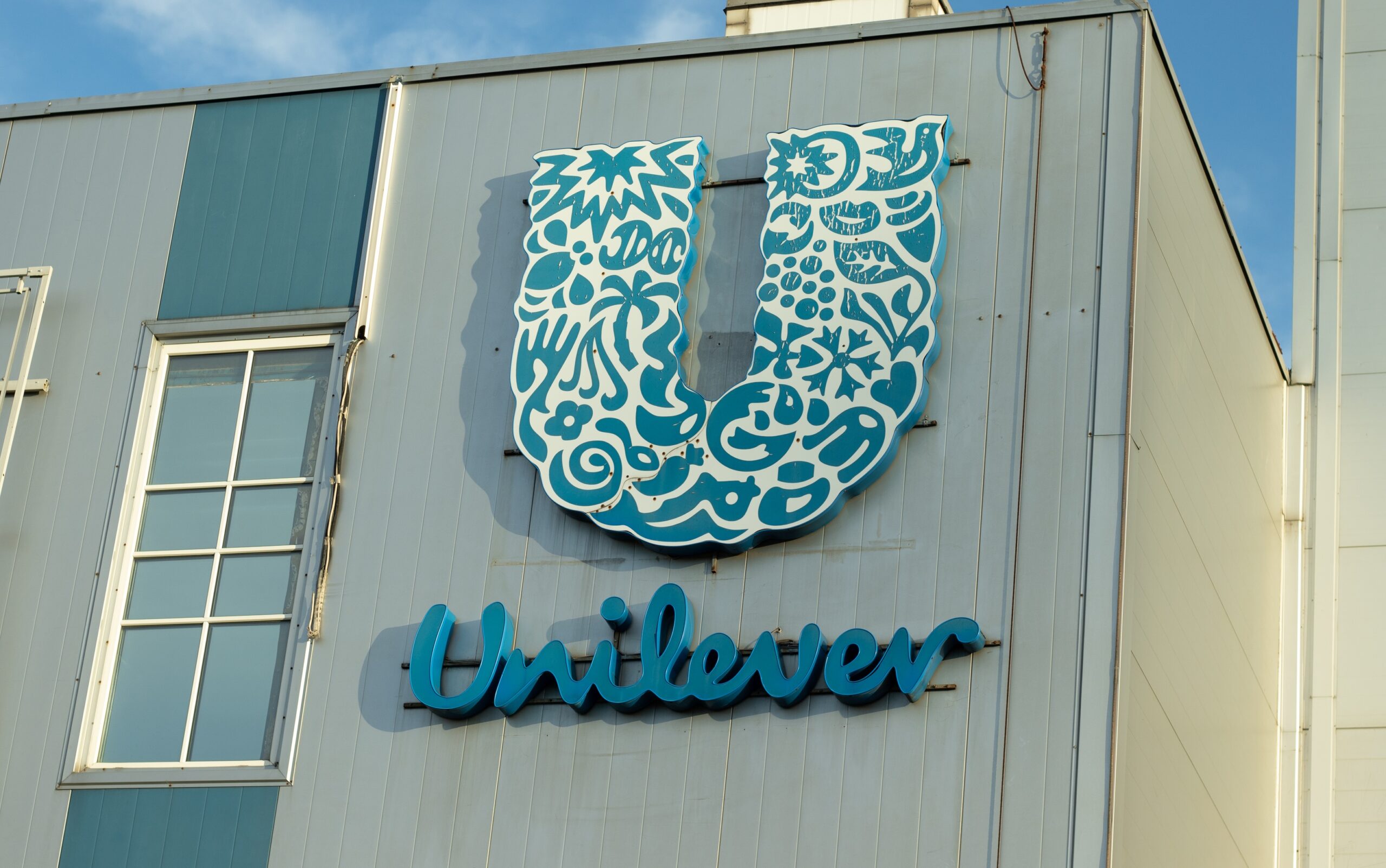
UK-based consumer goods giant Unilever has said its employees in Russia could be conscripted into the country’s army.
Unilever, already under fire for continuing to operate in Russia despite the Kremlin’s invasion of Ukraine, said in a letter to campaign group the B4Ukraine Coalition that it continues to run its business in Russia “in alignment with our global principles, including the safety and wellbeing of our employees”.

Discover B2B Marketing That Performs
Combine business intelligence and editorial excellence to reach engaged professionals across 36 leading media platforms.
But on the question of conscription, which could potentially see Unilever employees called up to take part in military action, the Marmite spreads, Knorr soups and Ben & Jerry’s ice cream owner admitted that it had to comply with Russian laws.
In the letter to B4Ukraine, Reginaldo Ecclissato, Unilever’s chief business operations and supply chain officer, said: “We are aware of the law requiring any company operating in Russia to permit the conscription of employees should they be called.
“We always comply with all the laws of the countries we operate in.”
UK broadcaster the BBC said a Unilever spokesperson declined to say whether any Russian employees had been called up as yet.

US Tariffs are shifting - will you react or anticipate?
Don’t let policy changes catch you off guard. Stay proactive with real-time data and expert analysis.
By GlobalDataUnilever, which has about 3,000 employees in Russia, has been under pressure to pull out of Russia, but says the situation is “not straightforward”. It said that if it abandoned operations, they would be “appropriated and then operated” by the Russian state.
Last week, it was revealed that French dairy major Danone’s Russian operations had been seized by the Kremlin.
Unilever told B4Ukraine, which campaigns for companies to cease operating in Russia, it “absolutely condemns the war in Ukraine as a brutal, senseless act by the Russian state”.
It, and other Western firms, have been under pressure to pull out of Russia since its invasion of Ukraine but, in his letter to B4Ukraine, Ecclissato said “we do not think it is right to abandon our people in Russia”.
On the possibility of selling the business, he said it has not yet been able to find a solution “which avoids the Russian state potentially gaining further benefit and which safeguards our people”.
Ecclissato said that since the war started, Unilever has “put strict constraints around our business, including ceasing all capital flows into and out of the country and stopping imports and exports of our products”.
But he admitted that aside from everyday essential food and hygiene products, Unilever continues to sell ice cream in Russia.
“The Russian government has made it clear that the employees of companies in Russia which abandon or run down their business could face criminal prosecution. The closure of our ice-cream business could be considered such a breach,” he said.
At the start of this month, Unilever was added to Ukraine’s National Agency for the Prevention of Corruption (NACP) list of “international sponsors of war” over its continued presence in Russia.
NACP said it had been added because of its “on-going presence in the Russian Federation and its significant taxes to the Russian state budget, thereby supporting the aggressor’s economy and contributing to the continuation of Russia’s war against Ukraine”.
In February, Unilever pointed to the financial impact of potential asset write-downs in Russia.
In commentary linked to the publication of its annual results, it said. “We will continue to review and disclose the financial implications of the conflict. While the potential impacts remain uncertain, there is a risk that the operations in Russia are unable to continue, leading to loss of turnover, profit and a write-down of assets.”
A footnote in the results commentary said Unilever had already realised EUR42m ($44.9m at the then exchange rate) of “asset write-downs relating to our businesses in Russia and Ukraine”.





